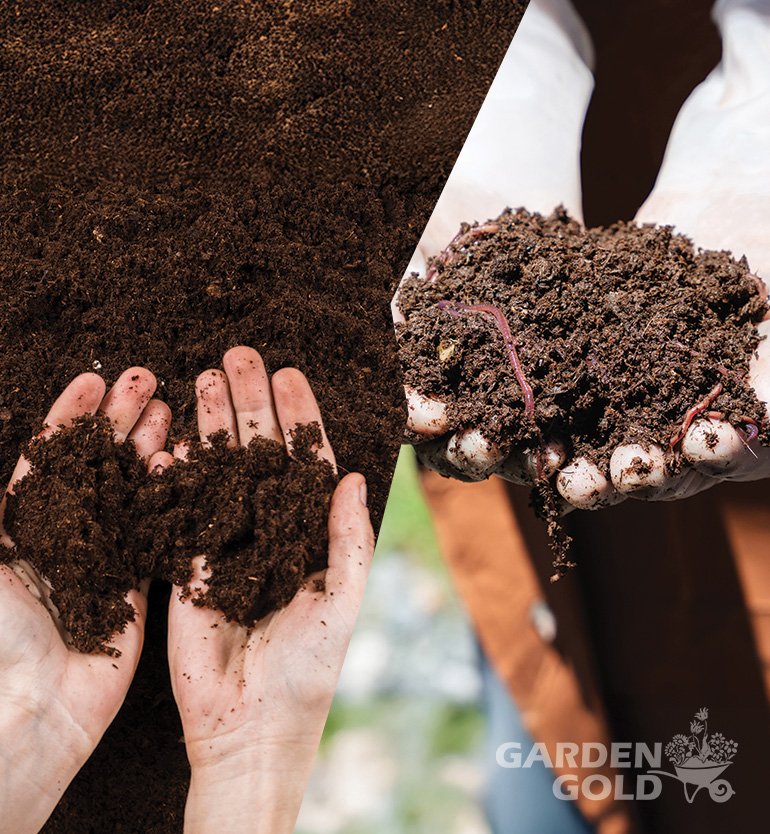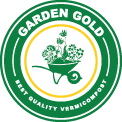
As the world shifts toward eco-conscious living and organic farming, sustainable waste management techniques are gaining momentum. Two of the most effective methods for turning kitchen and garden waste into valuable organic fertilizer are composting and vermicomposting. While both processes serve a similar purpose, converting waste into soil-enriching material, they differ significantly in method, speed, and nutrient quality.
In this article, we’ll break down the essential difference between composting and vermicomposting to help you choose the right solution for your garden or farm.
What is Composting?
Composting is a natural decomposition process where microorganisms (bacteria and fungi) break down organic matter such as food scraps, dried leaves, and grass clippings into humus. This nutrient-rich material improves soil health.
Key Features of Traditional Composting:
- Microbial-driven decomposition
- Requires balancing “greens” (wet waste) and “browns” (dry matter)
- Needs turning and aeration for proper breakdown
- Composting typically takes 2 to 6 months
- Can be done in open pits, compost bins, or heaps
What is Vermicomposting?
Vermicomposting is an enhanced composting process that uses earthworms, typically red wigglers (Eisenia fetida), to break down organic material. These worms consume the waste and produce vermicast, a nutrient-dense, microbe-rich form of compost often called “black gold” by gardeners.
Key Features of Vermicomposting:
- Accelerated decomposition using earthworms
- Yields highly fertile vermicast in 30 to 60 days
- Requires controlled moisture and temperature
- Minimal odour and mess if managed properly
Key Differences at a Glance
Here’s a simplified table showing the difference between composting and vermicomposting:
| Feature | Composting | Vermicomposting |
| Decomposition Agent | Bacteria & Fungi | Earthworms + Microbes |
| Time Required | 2–6 months | 1–2 months |
| Nutrient Content | Moderate | Very high |
| Setup Environment | Outdoor preferred | Indoor/outdoor possible |
| Maintenance | Regular turning needed | Needs moisture/temp control |
| Best For | Garden waste, bulk material | Nutrient-rich leftovers, high-value crops |
Benefits of Composting:
- Low setup cost
- Handles large, fibrous waste
- Good for backyards
Benefits of Vermicomposting:
- Richer in nitrogen, phosphorus, and potassium
- Improves microbial activity in soil
- Faster results, especially for smaller households or balcony gardens
Whether you choose composting or vermicomposting depends on your waste type, available space, and how quickly you want results. The process of vermicomposting, which involves using earthworms to break down organic waste, is widely favored for its efficiency, faster results, and the superior quality of compost it produces. Understanding the difference between the two helps ensure you select the most effective system for your lifestyle or agricultural practice.
Which one is Right: Vermicompost OR compost?
Choose composting if you want a simple, outdoor method for processing garden waste over time.
Opt for vermicomposting if you’re looking for a faster, high-nutrient solution, especially for vegetables, potted plants, or flower beds.
Some people even use both systems together, starting with composting and then finishing with vermicomposting for superior soil conditioning.
Closing Thoughts
Adopting either composting or vermicomposting is a step toward more sustainable living. Both methods reduce waste, improve soil health, and support organic farming. By understanding how each works, you can maximize your resources and reduce your carbon footprint.
If you’re just starting or looking to elevate your organic growing efforts, consider sourcing high-quality, chemical-free vermicompost from a reliable local manufacturer. Whether you’re a farmer, nursery owner, or home gardener, choosing the right vermicompost can make a big difference in plant health and soil vitality.
